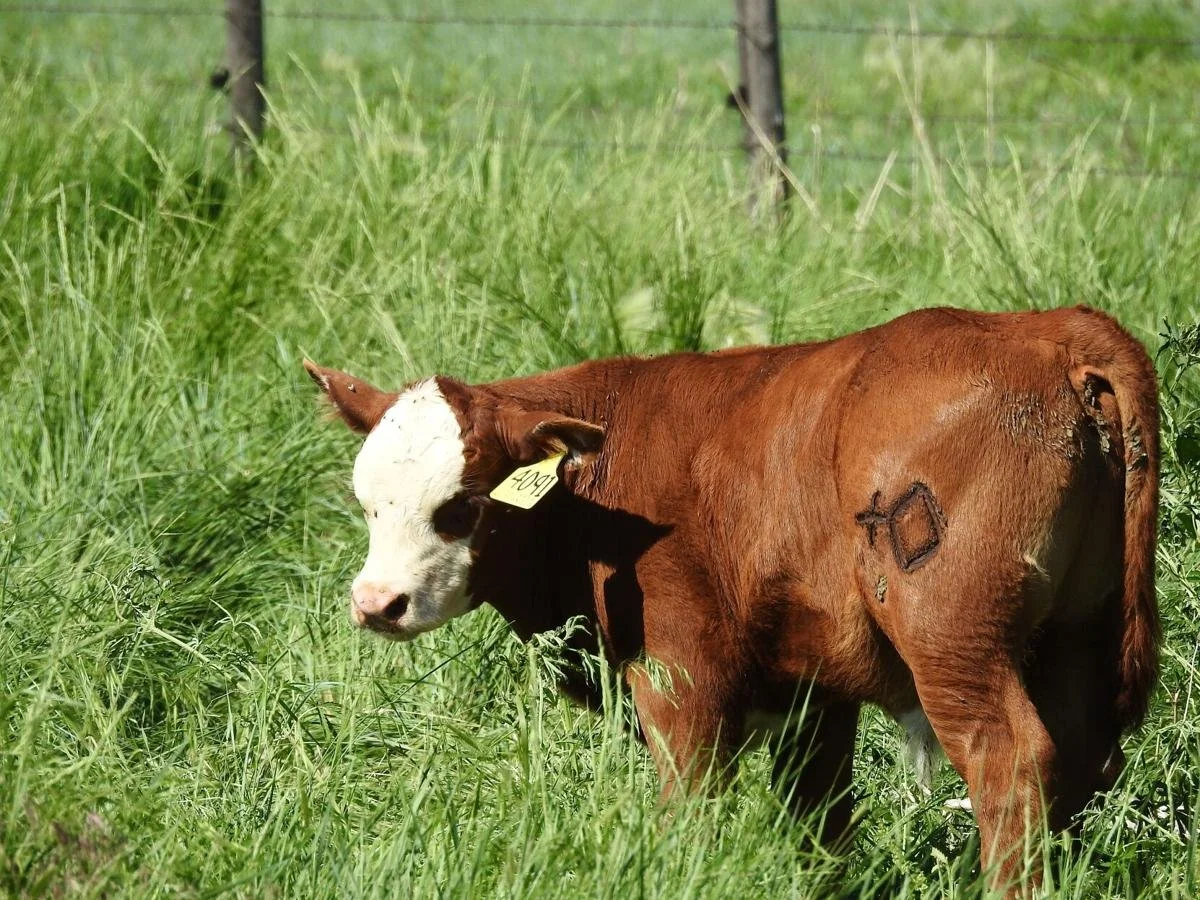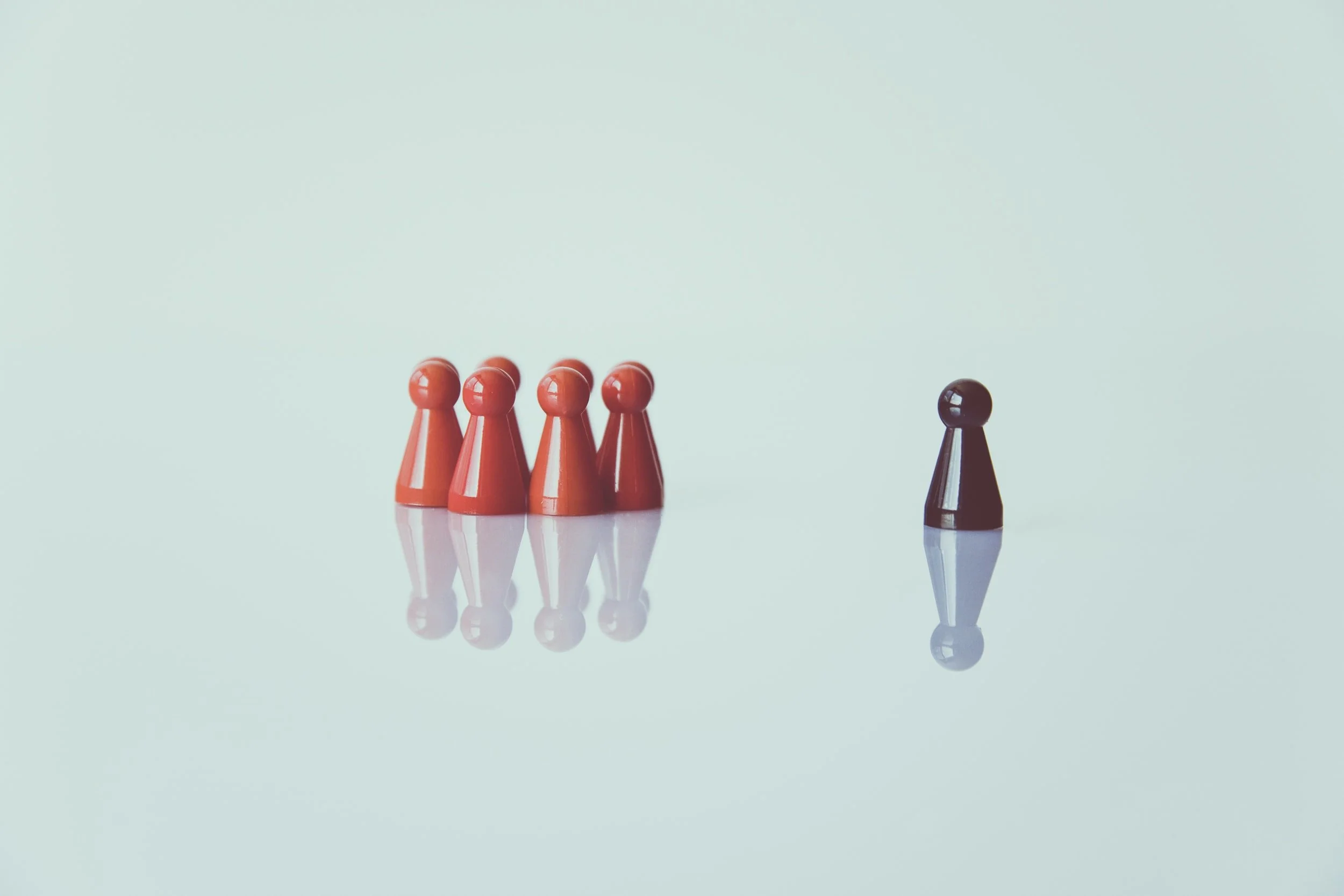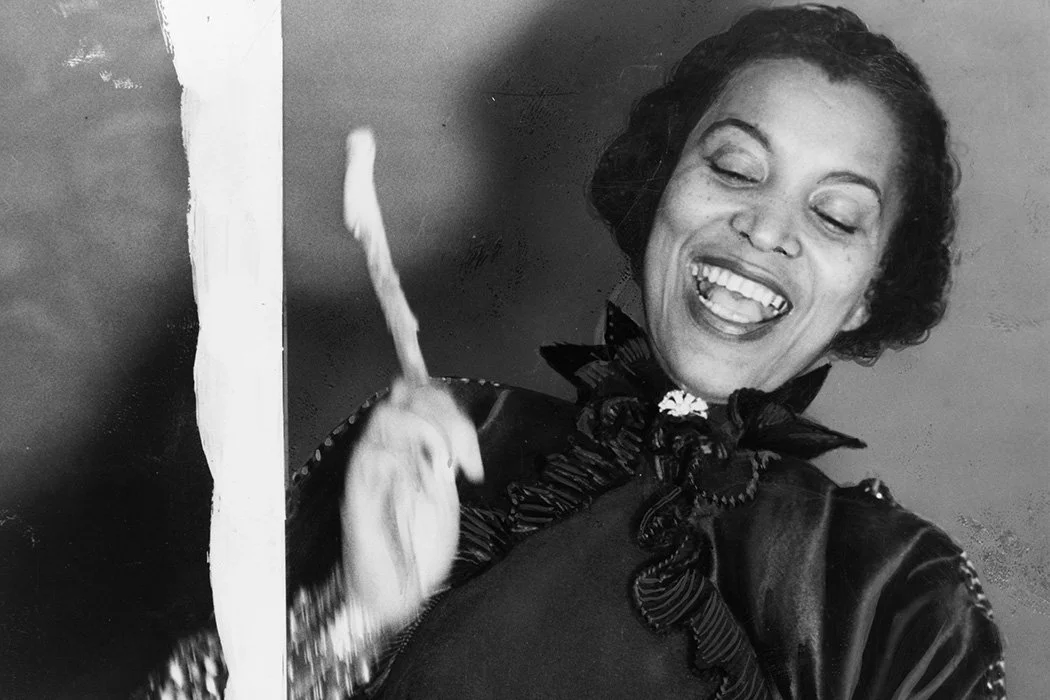They call me a racialized minority
So I currently live in a "strange new place." This has been a re-education to say the least.
They call me either of two names. A "visible minority" or a "racialized woman."
I am actually invited to identify myself as such to be more favourably considered in job applications and the like. Diversity and inclusion is currently the catch-phrase for this intriguing state of affairs. I have put these words in quotation marks because they are words I have come to learn are supposed to apply to me. It is actually amusing to think about. How could I have lived at least a couple of decades (liar - its more than that but who's counting 😂) so far and not known that I am a racialized woman and a visible minority at that? I guess i should be grateful because I haven't been physically marked with an iron brand.
How I got to know that these were my new descriptors was when I attended an event in my school where indigenous women, visible minority women, racialized women and persons who identified as femme spoke about their experiences in Halifax. It was here that I realized that I am regarded as such and that I had been facing racism. This event was the catalyst that prepared me to view every single experience I had through the lens of racism.
So I will sit on the bus and the seat beside me will remain empty the entire ride to my destination although there will be people standing. I will find that there was no single instance of eye contact made when I found myself walking somewhere. I was starting to feel invisible and it made me feel panicked, as if I was losing my very essence, as if I was truly invisible.
At around this period I met two older African Nova Scotian women at the Art Gallery who asked me how I was doing, and when I answered that “I feel invisible”, responded with “welcome to the club.” This really didn't help matters to say the least.
I was beginning to feel physically and emotionally ill as a result of constantly being in a panicked state. I reached out to my new acquaintances who like me had had to make the transition from being surrounded by persons with identical skin tones to being in what is literally a sea of pale faces. They forced me to face up to the fact that maybe, just maybe, it was not racism I was experiencing and that maybe it was culture shock or just how the people here are. Gently, they helped me to remove that lens of racism and see more clearly.
I came to see on my daily bus commute that, people generally do not like to sit close to strangers whatever their skin colour. I saw that in this place, personal space is valuable real estate, except where the persons in question wanted to put up a show of public affection perhaps to convince everybody else including themselves that they were in love. I saw that even among caucasians there was minimal to no eye contact and that was just the way things were and are. I also came to realize a difficult truth about myself, that I am quick to make emotional assumptions and not willing to interrogate issues a little before taking a strong stance on it.
I am not discounting that some Caucasians are racists.
But I have also come to see that my perception can be a most dangerous thing and cause me needless pain and emotional stress. An African friend wrote a short essay entitled “Paranoia or reality” which he sent to me. I will like to capture a few lines here:
“How does relating with every Caucasian from the place of “they don’t like us”, help?
Here is what such perception does. It makes us negative, saps our esteem, breeds hatred and bitterness, and provides us an easy excuse for backwardness. We interpret a smile as condescending, a kind word as patronizing, an honest oversight as a deliberate racist act and tell ourselves that we did not get the job because a ‘white’ was favored.
This is what I have chosen to do. I changed my mental lingo.
Rather than remember the shady past of encroachment and conquest, and the unsavory present of seeming disrespect and sprinklings of condescension; I remember the smile I get from ‘unblack’ passers-by, the gentle whispers of ‘good morning’, the kind acts of holding the door for me to go through and the kind words of my supervisor and his readiness to assist. And when I am denied an opportunity. My first port of call is not my skin. I reappraise my presentations, I re-strategize, and I move on. The more I do this, the better, more loving and more skilled I have become.
So, how about the KKK-kind of racists? Well, we hug them! Aaron Courtney showed us how to do that the other day at Gainesville, Florida. Not necessarily a physical hug. We hug them in our minds, first. We empathize with them – for being bereft of love. For nothing can be as painful as he who has no love. Then, we guard the love in our heart jealously, lest we become as they are”. (Adebayo Majekolagbe)
I recognize that this may come across as a rather simplistic view because racism exists in this new society as it does elsewhere and is broadly documented. Prejudice reins even among black people. Go to twitter and see if you won't see colourist prejudice on proud display whenever Nigerians and Ghanaians go at it.
Even among black people, we have managed to internalize that negative perception. Still on the topic of prejudice, what about the hateful diatribe that is spilled on the basis of tribal affiliation in Ghana. Even today certain Ashanti people will not even entertain the idea of associating with an ewe even on an intellectual basis:




This is shameful but it is human nature. I could tell you more dating from bible days sef.
Accept it and move on. Perhaps we could start with the man in the mirror.
Truth be told, I came here for a purpose and I must fulfill it.
I can't afford to be sidetracked by persons who choose to, as Zora Neale Hurston puts it, "Sometimes, I feel discriminated against, but it does not make me angry. It merely astonishes me. How can any deny themselves the pleasure of my company? It's beyond me."





